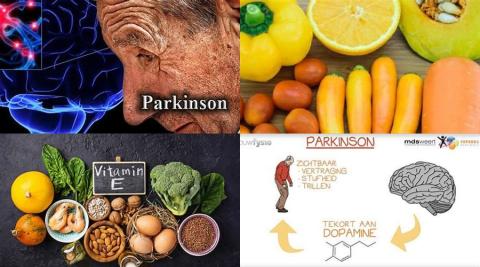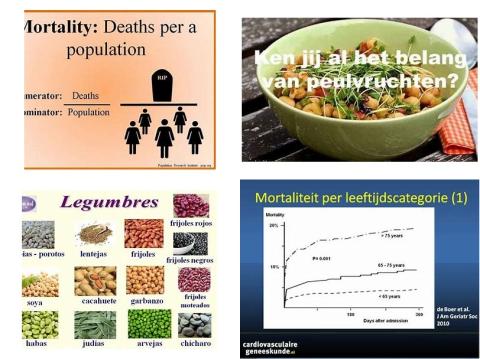Objectives:
Current findings about the differential effects of various sources of dietary animal protein on the risk of neurodegenerative diseases are contradictory. Therefore, this review article has been conducted.
Is there an association between various sources of dietary animal protein and the risk of Parkinson's disease, Alzheimer's disease, dementia and cognitive impairment?
Study design:
This review article included 33 prospective cohort studies.
Results and conclusions:
The investigators found dietary fish consumption was significantly associated with a reduced risk of 25% for Alzheimer's disease [RR = 0.75, 95% CI = 0.57 to 0.97].
The investigators found dietary fish consumption was significantly associated with a reduced risk of 16% for dementia [RR = 0.84, 95% CI = 0.75 to 0.93].
The investigators found dietary fish consumption was significantly associated with a reduced risk of 15% for cognitive impairment [RR = 0.85, 95% CI = 0.81 to 0.95].
The investigators found compared to the lowest consumption, the highest total dairy products consumption was significantly associated with an increased risk of 49% for Parkinson's disease [RR = 1.49, 95% CI = 1.06 to 2.10].
The investigators found compared to the lowest consumption, the highest milk consumption was significantly associated with an increased risk of 40% for Parkinson's disease [RR = 1.40, 95% CI = 1.13 to 1.73].
The investigators found total dairy products consumption was significantly associated with a reduced risk of 11% for cognitive impairment [RR = 0.89, 95% CI = 0.80 to 0.99].
The investigators found total meat consumption was significantly associated with a reduced risk of 28% for cognitive impairment [RR = 0.72, 95% CI = 0.57 to 0.90].
The investigators found poultry consumption was significantly associated with a reduced risk of 18% for cognitive impairment [RR = 0.82, 95% CI = 0.68 to 0.99].
The investigators found linear dose-response meta-analysis revealed that each 200g/d increase in total dairy dietary intake was significantly associated with an 11% higher risk of Parkinson's disease and a 12% lower risk of cognitive impairment.
The investigators found a strong linear association between fish consumption and reduced risk of dementia.
The investigators concluded dairy consumption, particularly milk is associated with an increased risk of Parkinson's disease, while a higher intake of fish reduces Alzheimer's disease, dementia and cognitive impairment. Future well-controlled, randomized clinical trials are essential to validate the present findings.
Original title:
Association between animal protein sources and risk of neurodegenerative diseases: a systematic review and dose-response meta-analysis by Talebi S, Asoudeh F, […], Mohammadi H.
Link:
https://pubmed.ncbi.nlm.nih.gov/36647769/
Additional information of El Mondo:
Find here more information/studies about RCTs/significant, dairy product, Parkinson's disease and proteins.

